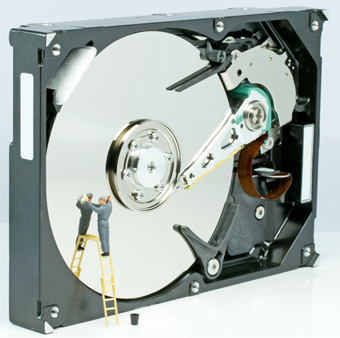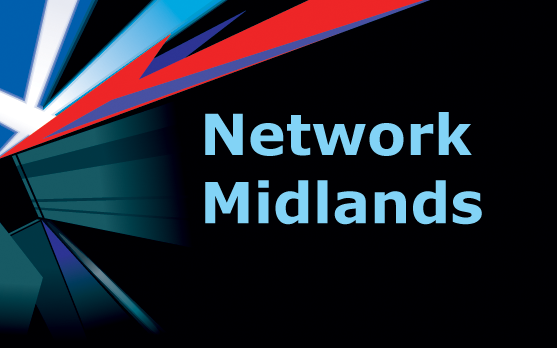Cleaning up your computer
In early December last year, I was contacted by one of my clients. I’ll call him Bob, to protect the innocent.
Bob’s anti-virus software was reporting that he had a Trojan on his computer. Sensibly, he had run a full scan of his system, but no viruses or Trojans had shown up, which, naturally left him feeling a little worried.
In the course of conversation, Bob told me that one of his clients (let’s call him Bill to protect the… well, you decide) wanted to use his laptop on Bob’s network. Bob let him and it was at this point that Bob’s anti-virus software spotted the Trojan – on Bill’s computer.
Here’s the moral of this story. Don’t let any computer connect to your own network or Internet connection unless you know that it is completely safe – in fact I’d go a little further and say don’t let any computer connect to your network or Internet connection unless it is yours.
Bob was still concerned that his computer might have been infected with something and he’d noticed that it was running slower, so he asked me what he could do. One of the services we offer at Network Midlands, is a computer clean up. It can take a few hours, but it is usually worth it and it can be done with a collection of free software.
I went on site at Bob’s and spent a couple of hours running this software which cleaned out a load of rubbish, sped up the system and reassured Bob that he had no nasties on his computer.
In some future articles I’ll talk about how to use these programs, but for now, I’ll list what we use and what it all does.
- HijackThis – Scans the computer registry for possible “nasty entries” (Trojans and such like).
- Stinger – a mini on-demand anti-virus scanner from McAfee.
- ClamWin – another, much fuller, on-demand anti-virus program.
- CCleaner – Cleans out temporary files, old cookies, Internet browser history and old log files. Scans the registry for broken or unused registry entries and fixes or deletes them.
- PageDefrag – Defragments page and registry files when you reboot the computer allowing faster access to these files.
- AdAware – Scans for and removes spyware.
- Auslogics Registry Defrag – Compacts and defragments registry files for faster access
- Auslogics Disk Defrag – A fast disk defragmenter, as an addition or replacement to Windows Disk Defragmenter
- Startup Control Panel – A little utility to show and edit what programs your computer is trying to start when it boots up or you log in.
All these programs are free to use, although some of them come with additional functionality if you buy them.

